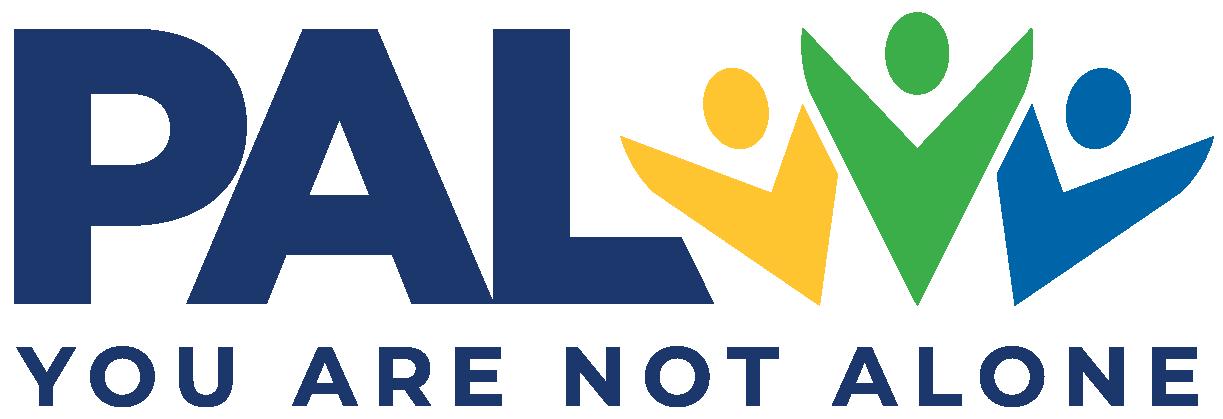
When looking at stark statistics these days, it can be easy to lose hope. So many souls lost to the disease of addiction – especially these days with the proliferation of fentanyl-based drugs littering our communities. And while it’s important to stay informed – to be up to date in your information, it can be easy to get sucked into a depressive state of being when our laser-focus remains on the negative. It can be hard to look away – I get it. But something we don’t often take into account, something that doesn’t really receive the same attention in the media, is this: remission from substance use disorders is far more common than most people realize.
“Supported” scientific evidence indicates that approximately 50 percent of adults who once met diagnostic criteria for a substance use disorder—or about 25 million people—are currently in stable remission (one year or longer) (U.S Surgeon General’s Report on Alcohol, Drugs, and Health). 25 MILLION people is a significant number. We, as a people, culturally, have a tendency towards collective cynicism. We get burnt out easily. We get bombarded with negative-leaning news articles and cold factual data that can transform our minds into a state of tired resignation. But I urge you to hold this hope close to your heart: Positivity and the energy it can create in your day-to-day relationships is infectious – it can easily sublimate those feelings of hopelessness into a tangible lifeline – it can become a demonstration of faith that someone else, lost in the separation of sadness, someone grieving the loss of a family member whose still here – can hold onto.
People recover every day. There are numerous well-supported scientific studies that demonstrate the effectiveness of 12-step based peer-supported aid groups. I am personally a living, breathing example of this efficacy, along with thousands of other individuals in my local community. Countless other scientific and anecdotal evidence exists that support the effectiveness of mutual aid support programs like PAL. The fact of the matter is that while an alarming number of people will inevitably lose their respective battles with this disease – so many others will find healing and remission.
In turn – the lives of the people surrounding those individuals will find peace as well. Recovery is a wellspring of good vibes and healing – it is often the foundation for a design of living that has far reaching implications that spread from the individual in question like the roots of a magnificent tree; sharing growth, spiritual living, goodwill, and most importantly – tangible demonstrations of faith, hope, courage, that others too, can find their way out of the darkness.
That, to me, is what makes peer-supported recovery and support groups so important. It gives us the opportunity to view others recovering and growing in real time. It brings us back down to earth, out of the ether that exists online, on the screen, and in print; it brings us back to a place where healing feels like a reality – that we may see others succeed – and embrace the fact that it could be possible for us; or the loved one in our lives who continues to struggle as well.
That was what eventually changed for me. Knowledge/education was great – coping skills and relapse prevention strategies were very helpful as well as medical and psychiatric attention. All of these therapeutic interventions culminated in a massively beneficial boon to my healing experience. The real clincher for me – the clutch moment that helped seal the deal and carry me to the place I stand today though – was this: witnessing others’ healing. Understanding that with the right attitude, with the support and love of a community, that it was possible to escape the depths in which I’d so deeply fallen.
In my early days of this journey I remember vividly a moment in time that I’ll never forget: sitting in an AA meeting, beat down, feeling mentally and physically broken, and generally at a loss for how I was ever going to make it out of this mess alive. A man approached me, sat down next to me, recognized that I was brand new, and with a twinkle in his eye and a smile, simply stated this: “Whatever you do, don’t quit before the miracle happens.”
Keep on keeping on – and never quit before the miracle happens. Healing, recovery, and transformation are possible for anyone, despite the realities of what we may read, view, and are exposed to in our day-to-day navigation of this world we live in. Keep those 25 million souls who live freely in your mind today – not to mention the innumerable lives of others who are now touched by their healing experiences and journeys to freedom.
Never give up –
Sean
